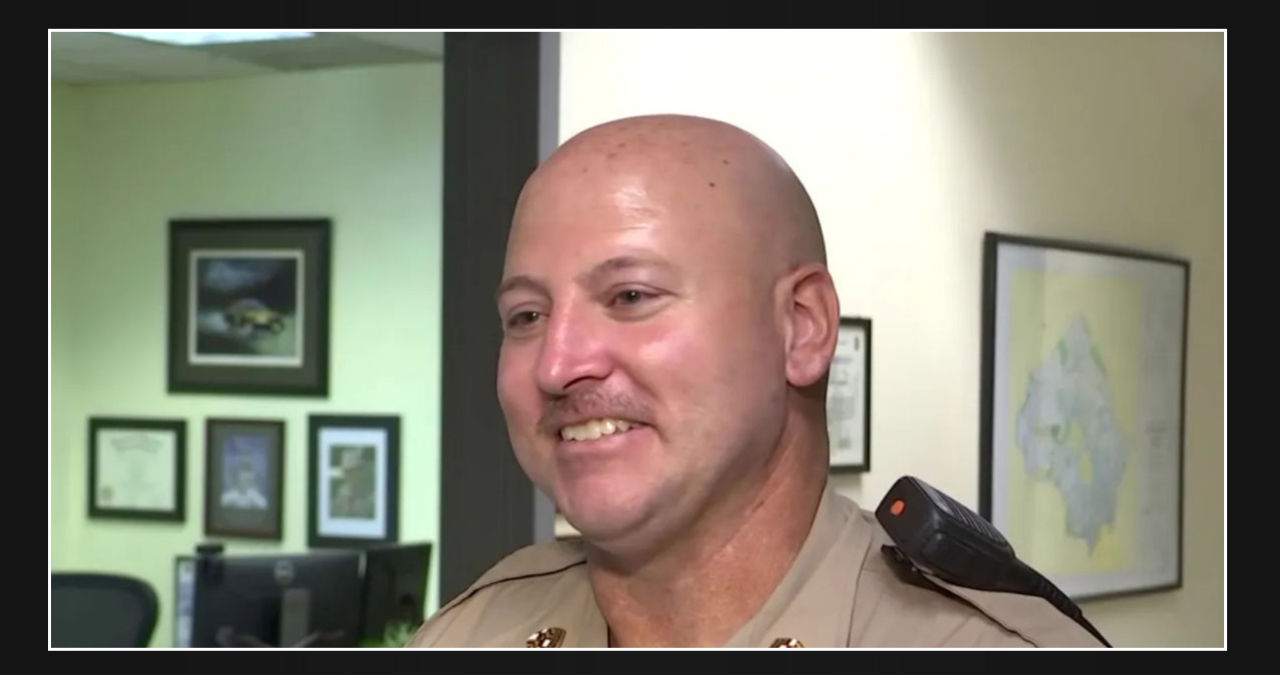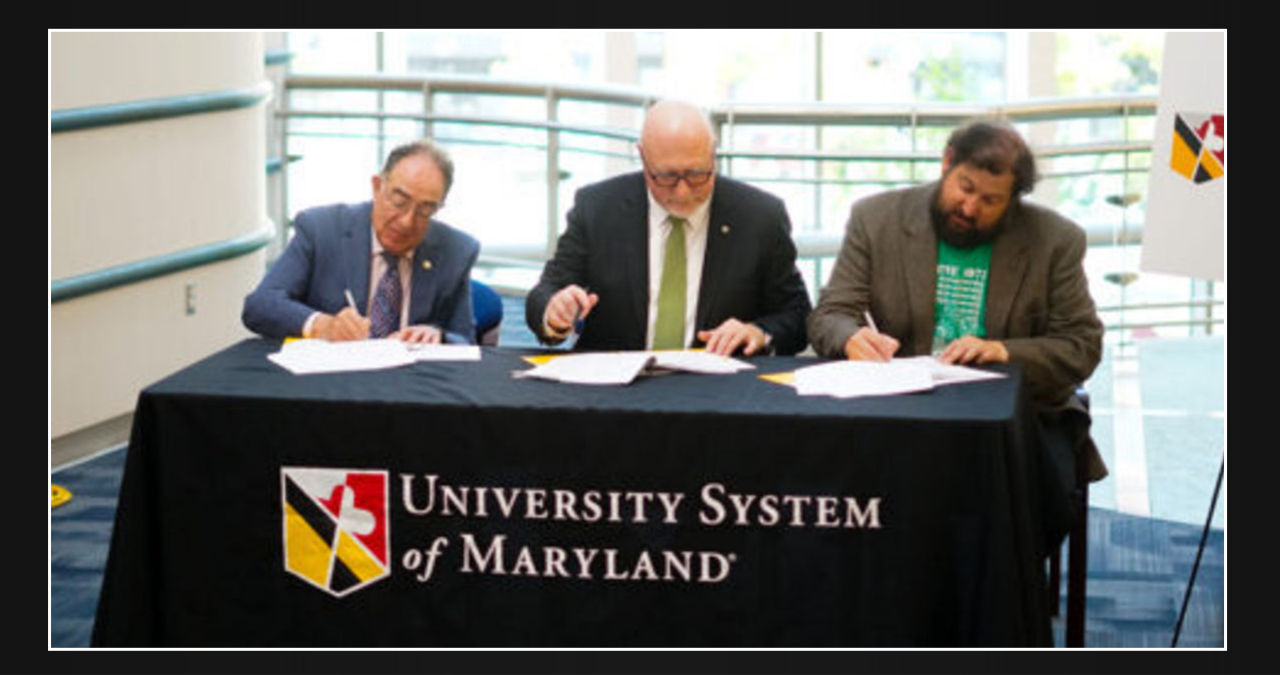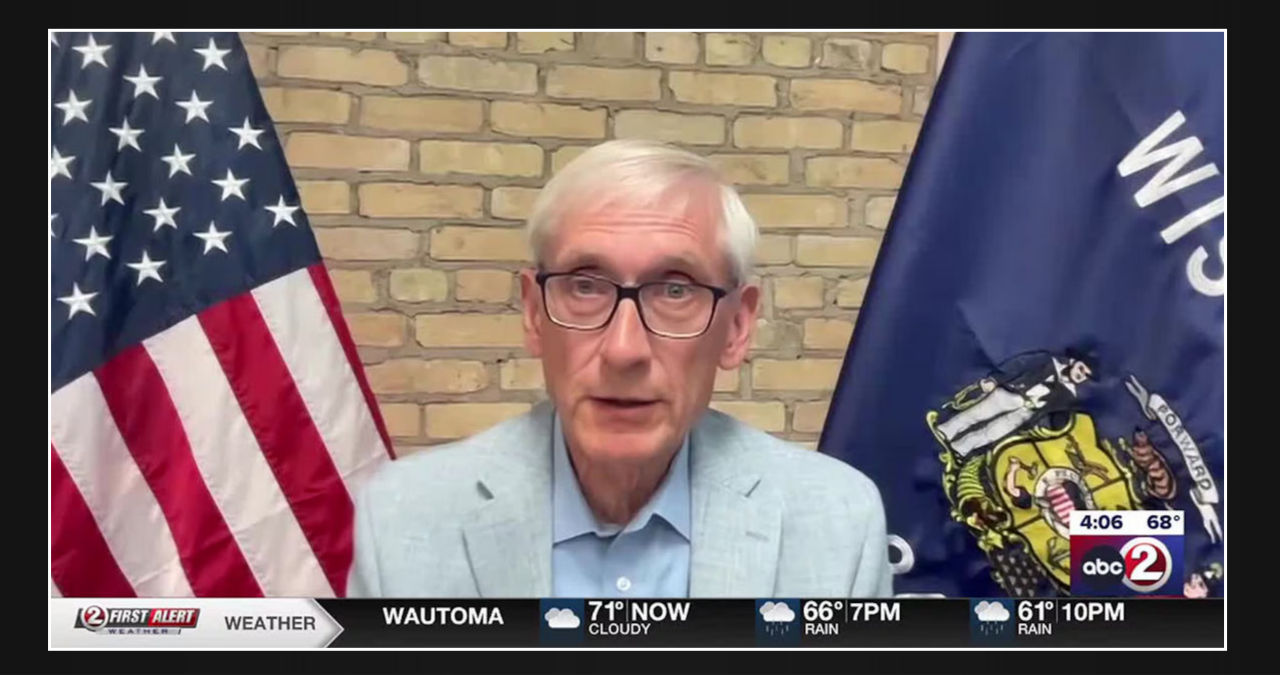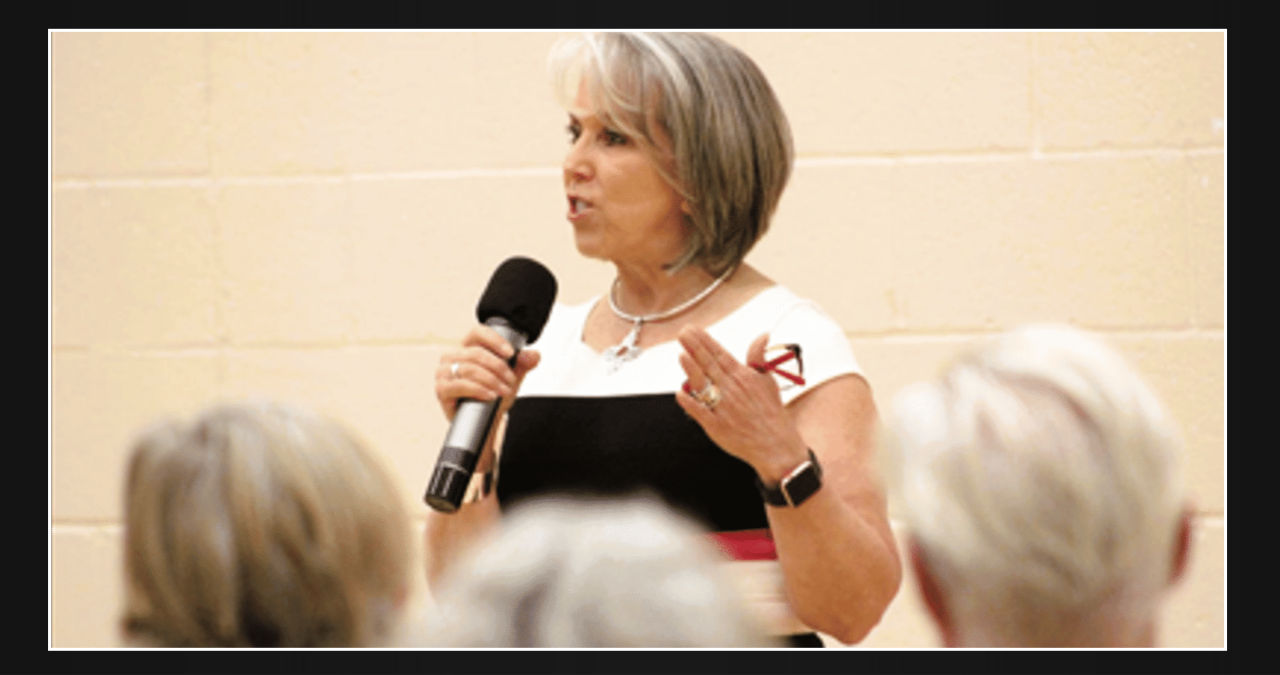Federal authorities are currently investigating an Idaho-based nonprofit organization that has been accused of exploiting victims of human trafficking in a Medicaid fraud scheme. The organization has been under scrutiny after multiple whistleblowers have come forward with allegations of wrongdoing.
In early July, InvestigateWest published a series of stories exposing a scheme involving Community Outreach Behavioral Services, a nonprofit that claims to provide trauma care to trafficking victims in Idaho.
According to reports, several articles have surfaced that contain testimonies from former employees and victims, alleging COBS founder Paula Barthelmess of utilizing manipulative tactics to lure and maintain victims within safe houses. Furthermore, it has been reported that Barthelmess’ son’s for-profit company billed Medicaid insurance in a manner that experts believe may constitute fraudulent activity. Those who have formerly worked with Barthelmess also claim that she, a certified social worker, is the one who is effectively running both COBS and her son’s business, Advanced Clinical Trauma Services.
Following the publication of the articles, the U.S. Department of Health and Human Services Office of Inspector General initiated an investigation, prompting them to contact the Idaho Attorney General’s Office. The state Attorney General’s Office has confirmed that it will cooperate with the investigation.
Despite being requested for comment, Barthelmess did not provide any response. In addition, the Idaho COBS Facebook page referred to the reporting by InvestigateWest as “slander” and labeled the accusations as “false” a few weeks ago. However, the page did not provide any specific inaccuracies in the reporting.
Tylar Bell, the owner of Advanced Clinical Trauma Services, released a statement via email, denying the allegations made in the previous reporting and calling it “false.” According to Bell, his company adheres to all the necessary laws and regulatory guidelines concerning Medicaid billing. He also stated that ACTS has recently passed a Medicaid audit, confirming their compliance and there were no findings of fraud or unethical billing practices. Bell is confident that federal investigators will verify their compliance, just as the Medicaid audit did. However, Bell did not clarify which allegations made in the previous reporting were false, and he did not provide a copy of the Medicaid audit when asked.
Earlier reports revealed that ACTS had charged Medicaid plans for COBS safe house residents for “targeted case management” services, which according to federal regulations, cannot be billed for short car rides. This information was obtained through a thorough analysis of Medicaid records and interviews with former employees and residents.
The HHS Office of Inspector General is responsible for carrying out criminal, civil, and administrative investigations. They have been actively investigating recent sober home fraud schemes that target vulnerable populations. In addition to this, the office has discovered issues with Medicaid reimbursements for targeted case management in almost a dozen states across the country in recent years. As a result, these states have had to repay millions of dollars to the federal government for unallowable claims.
Montana was required to return $5 million in overpayments in 2022, while Alabama was requested to refund $5 million in case management overpayments earlier this year. According to the auditor’s report from Alabama, case management claims for transportation were identified as a frequent unallowable service under both state and federal regulations. The report indicated that some providers were not eligible for reimbursement for transporting clients to appointments, and in one instance, to the fair for hot dogs and soda.
In recent years, COBS has played a crucial role in Idaho’s efforts to combat human trafficking. This non-profit organization collaborates closely with local, state, and federal law enforcement agencies as a part of Idaho’s inaugural anti-human trafficking task force, which was established in 2020. Thanks in part to the victim services that COBS offers, Idaho agencies have successfully secured over $1 million in federal grant funding to tackle trafficking. COBS receives a portion of that funding to provide emergency beds and host public training sessions.
Former safe house residents and employees have reported that COBS, the organization responsible for providing safe houses for victims caught in the criminal justice system for crimes related to trafficking, has a tendency to isolate and control the survivors. In some instances, residents were expected to publicly promote COBS’ reputation or face retaliation in the form of being sent back to jail.
According to Idaho state Sen. Melissa Wintrow, who also serves on the Idaho governor’s Human Trafficking Subcommittee, it’s time for the state to reconsider its strategy of court-ordered placement of human trafficking victims into programs such as COBS.
According to Representative Wintrow from Boise, victims of exploitation have already been through so much trauma. They’ve been manipulated, threatened, and tricked. It’s not our place to add to their pain and potentially re-traumatize them through another mandate.
COBS, despite being the subject of InvestigateWest’s reporting on human trafficking, has received support from state and local law enforcement agencies in the task force. When questioned by InvestigateWest, the Idaho State Police stated that they have no comment on the series, and that their work and relationship with COBS has not been affected by the current allegations.
The task force, in collaboration with COBS, has executed sting operations to combat crime. However, the Nampa Police Department, which has worked closely with COBS, refused to reveal whether it plans to maintain its partnership with the nonprofit. Carmen Boeger, a spokesperson for the Nampa police, stated in response to InvestigateWest that she had spoken to the leadership of their Persons’ Crime Unit, and that there were inaccuracies in the series of articles. Despite repeated attempts to obtain clarification via email and phone, Boeger did not elaborate on the inaccurate information.
Idaho’s human trafficking task force includes Homeland Security Investigations, which is an agency within the U.S. Department of Homeland Security, and COBS. However, according to Steven Schrank, the deputy special agent in charge of Homeland Security investigations in the Pacific Northwest, there has never been a formal agreement between the two agencies. He also mentioned that the agency hasn’t had any direct dealings with COBS for several years now.
Schrank expressed his concern regarding the allegations raised in the reporting, stating that the agency did not notice any red flags with COBS previously.
Schrank expressed his anticipation for a thorough investigation by the overseeing authorities to uncover the truth behind the issue. He emphasized the significance of collaborating with non-government organizations in the region to locate the suitable services that operate within the bounds of the law.
More whistleblowers speak out
In interviews with InvestigateWest, two previous case managers from ACTS shared a more comprehensive account of how they were instructed to bill the Medicaid plans of trafficking survivors to increase profits. Due to concerns of potential repercussions as whistleblowers, they have asked to remain anonymous in this article.
In 2020, ACTS came into existence when Barthelmess and COBS inaugurated their first safe house for trafficking victims. The residents of the safe house were informed about therapy services they could receive from ACTS, which included services provided by Barthelmess herself. However, experts have warned that such an arrangement could be considered a self-dealing scheme, putting Barthelmess’ license as a social worker at risk.
From 2020 through April 2024, Medicaid reimbursements amounting to almost $2.6 million were received by ACTS. However, it is possible that some of these reimbursements may have been for clients who did not stay in a safe house.
ACTS earned the most revenue through targeted case management billing code, as reported earlier by InvestigateWest. However, residents of the safe house claimed to have received little to no case management services. ACTS admitted to submitting reimbursement claims for case management by transporting the residents for outings around the town, which the residents had no choice but to attend.
According to a former case manager who worked at ACTS in 2024, Barthelmess had an expectation that they would spend their workdays driving clients around and then logging it as either case management or psychosocial rehabilitation services.
According to a former employee, there was a strong focus on rides at the organization. The employee noted that there were so many rides scheduled throughout the day that it left little time for case management.
According to a former employee, she spent over 10 hours every day driving clients to their appointments, waiting for them to finish, and then driving them back to the safe house. The employee also disclosed that clients were often charged by multiple case managers for times when case management wasn’t provided. To support her claims, the former employee shared redacted screenshots of group texts that included Barthelmess, as well as schedules assigned to workers at ACTS and COBS. These schedules showed that a significant portion of their workday was spent providing transportation to clients.
According to her, she received instructions to bill for the entire duration of the appointments using one of the two codes, which included the time spent in the parking lot. She pointed out that a few of the appointments were with counselors who also charged the residents’ Medicaid.
According to a previous employee, the counseling session involves the individual leaving while the staff waits for them. The staff is likely charging for the full duration, which can be up to three hours.
A second whistleblower, who spoke to InvestigateWest separately, corroborated the account given by the first whistleblower. The second whistleblower also mentioned that case managers had to log car rides as case management or psychosocial rehabilitation services for Medicaid, which was similar to what the first whistleblower had reported.
She expressed that the act was clearly unlawful and a case of fraud.
According to two former employees, they raised their concerns about ACTS’ billing practices and possible breaches of the federal Health Insurance Portability and Accountability Act (HIPAA) to Barthelmess and the management within the past year.
They mentioned that these practices were not commonly followed in other case management jobs they had worked in.
According to the accounts of former ACTS employees, Barthelmess disregarded their worries and assured them that she had obtained approval from Medicaid. As per one employee’s recollection, Barthelmess responded with, “That’s alright. Charge as much as you can.”
“I went there broken, and Paula broke me even more.”
According to a former employee, Barthelmess changed her stance after InvestigateWest published its investigation. Initially, she had been informing staff that the billing practices had been cleared with Medicaid, but after the investigation was published, she started telling them that they must have misunderstood her instructions.
According to the employee, she became convinced that the billing practices were intentional. She expressed her frustration, saying, “Do you guys think I’m stupid? You literally told me differently before.”
According to her, she had to resign from her position at ACTS as Barthelmess did not take any action to address the issues she had raised regarding the program’s practices.
Many of its clients’ needs are not met, according to former employees and clients, in addition to billing practices being an issue.
According to Veah Netherton, a survivor of sex trafficking who resided at a COBS safe house in 2021, the program was akin to “being trafficked all over again,” as previously stated by other residents to InvestigateWest.
According to her, Barthelmess played favorites and enforced her constantly changing rules selectively, while punishing those who violated them.
Netherton, who is 27 years old, stated that if you are not the favorite, then you are at the bottom.
According to survivors and former employees, there is a power structure within the organization that closely resembles that of human traffickers, with Barthelmess positioned at the top of the hierarchy.
According to a former ACTS employee, the organization operates like a cult with a leader who must be pleased at all times. The leader is known to manipulate employees endlessly, and each employee believes they are the leader’s favorite. As a result, they compete to gain her favor.
When Netherton sought help for her eating disorder through the COBS program, she found herself feeling unhappy with the situation. Despite her dissatisfaction, she felt trapped and unable to leave. Unfortunately, according to Netherton, Barthelmess used this vulnerability against her. Whenever Netherton disagreed with Barthelmess or challenged her beliefs, she claims that Barthelmess would threaten her living space.
According to Netherton, she persisted in resisting Barthelmess’ regulations. However, after approximately two months, Barthelmess ultimately expelled her from the safe house. Sadly, Netherton’s eating disorder had worsened during her stay at COBS, and now she found herself homeless.
Netherton, who has now recovered from the disorder and relocated to a different state, expressed, “I went there shattered, and Paula shattered me even more. It’s unfortunate because if Paula utilized her position to bring about positive change, she could have made a significant difference. Just envision all the lives that could have been transformed if someone truly employed their power for good.”







